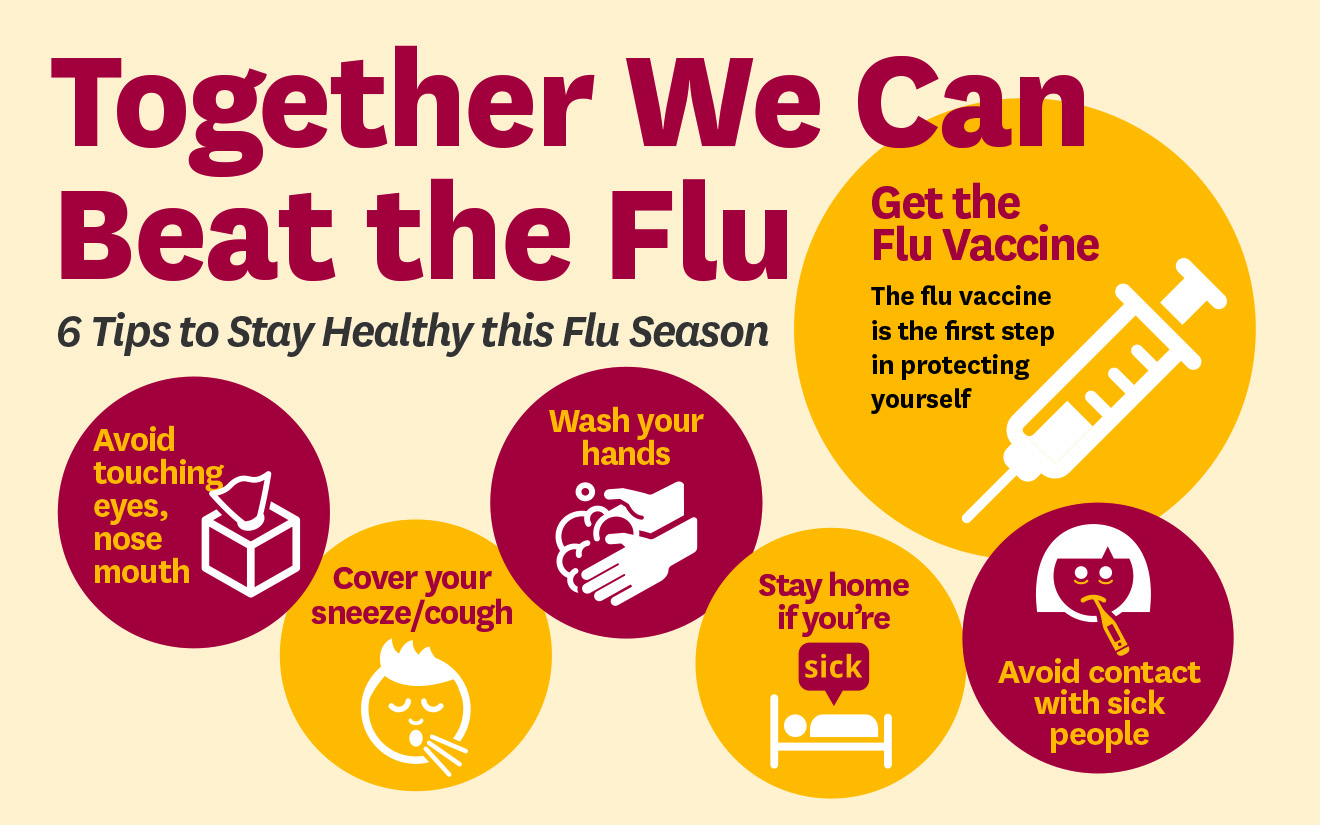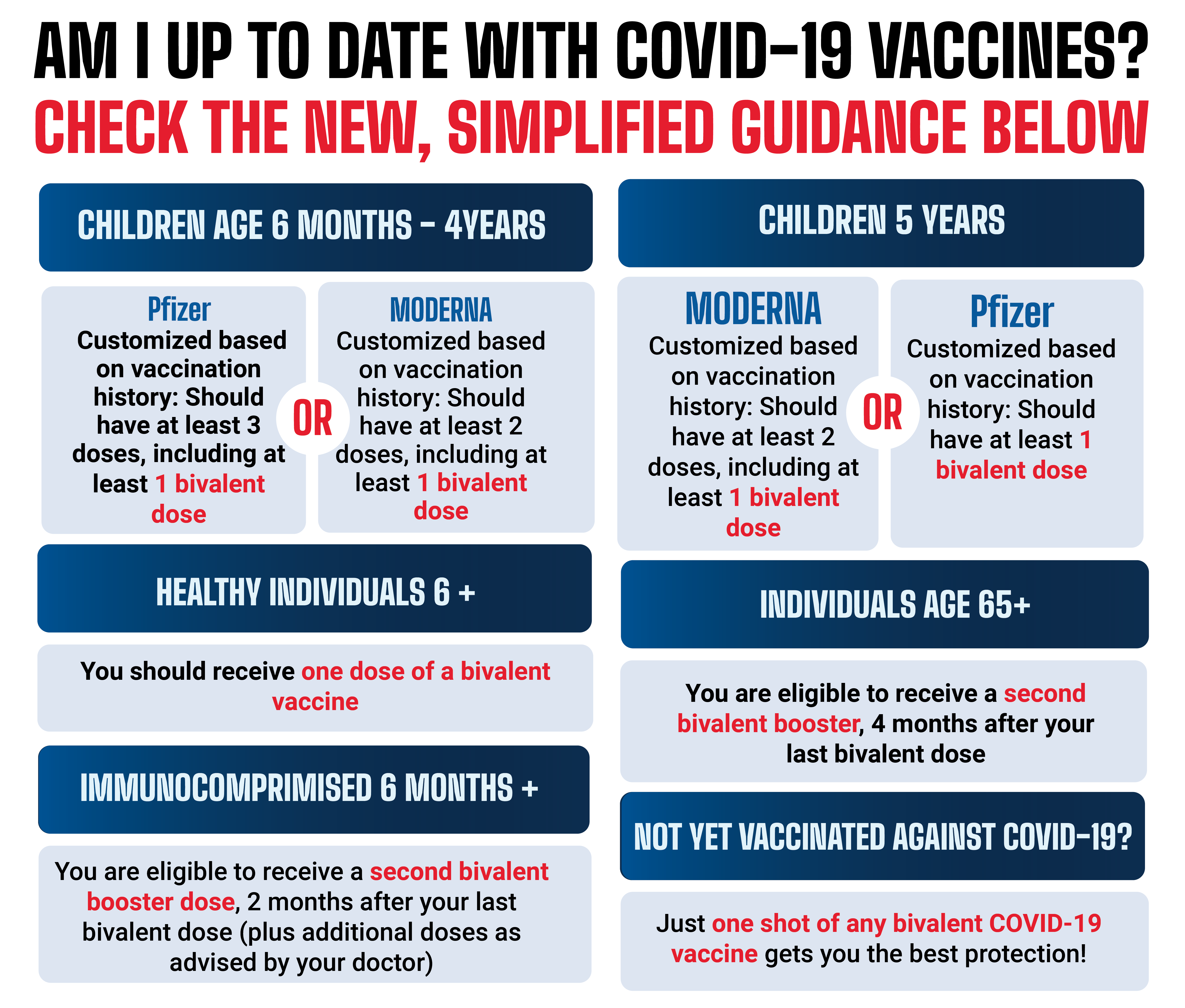Is The Flu Vaccine Effective This Year? That’s the million-dollar question, especially as flu season rolls around. This year’s vaccine effectiveness hinges on a few key factors: how well the vaccine strains match up with the actual viruses circulating, individual immune responses, and even things like your age and overall health. We’ll dive into the science behind flu vaccine effectiveness, exploring the data and what it all means for you.
We’ll examine how the World Health Organization selects the vaccine strains each year, looking at the complex process and the potential for mismatches. Then, we’ll explore how things like age, underlying health conditions, and even your lifestyle can affect how well the vaccine protects you. Finally, we’ll cover some preventative measures beyond vaccination, like good hygiene and social distancing, and how these strategies can bolster your defense against the flu.
Flu Vaccine Effectiveness: A Deep Dive
Source: healio.com
The annual flu vaccine is a crucial tool in combating influenza, but its effectiveness varies year to year. Understanding the factors that influence its efficacy is key to making informed decisions about vaccination and preventative measures.
Flu Vaccine Effectiveness: Viral Strains and Match
The World Health Organization (WHO) and the CDC collaborate annually to predict which influenza A and B strains will be most prevalent during the upcoming flu season. This prediction informs the composition of the seasonal flu vaccine. The process involves analyzing global surveillance data, tracking circulating strains, and assessing their potential for widespread transmission. The effectiveness of the vaccine hinges heavily on how well the vaccine strains match the circulating strains.
A good “antigenic match” leads to higher effectiveness, while a poor match reduces its efficacy.
For example, if the vaccine includes strains A(H1N1)pdm09 and A(H3N2) that are significantly different from the dominant strains circulating during the season, the vaccine’s protection against those specific strains will be diminished. Conversely, a close match increases the likelihood of effective protection.
| Strain Name | Vaccine Match Percentage (Hypothetical) | Expected Effectiveness (Hypothetical) |
|---|---|---|
| A(H1N1)pdm09 | 85% | 70-80% |
| A(H3N2) | 60% | 40-50% |
| B/Victoria lineage | 90% | 75-85% |
| B/Yamagata lineage | 75% | 60-70% |
Vaccine Effectiveness: Demographic Variations
Flu vaccine effectiveness isn’t uniform across all populations. Age is a significant factor. Younger children often have lower antibody responses, resulting in reduced protection. Older adults also tend to have a weaker immune response, leading to lower effectiveness compared to young adults. Underlying health conditions, such as chronic lung disease or weakened immune systems, can further reduce vaccine efficacy.
Studies have shown that vaccine effectiveness rates can range from 40% to 60% in older adults, while it may be higher (70-90%) in healthy young adults. These variations are attributed to differences in immune system maturity and function.
A bar chart visualizing this would show bars representing different age groups (e.g., 6-23 months, 2-17 years, 18-64 years, 65+ years) with bar heights corresponding to the reported vaccine effectiveness rates for each group. Separate bars could be added to show the effectiveness variation within each age group based on pre-existing health conditions.
Factors Influencing Vaccine Effectiveness: Individual Factors
Individual factors play a crucial role in determining how well the flu vaccine works. These factors can be categorized into pre-existing health conditions, immune system strength, and lifestyle choices.
- Pre-existing health conditions: Conditions like HIV, cancer, or autoimmune diseases can weaken the immune response, reducing vaccine effectiveness.
- Immune system strength: A compromised immune system, whether due to medication or illness, impacts the body’s ability to produce protective antibodies.
- Lifestyle choices: Factors such as nutrition, sleep, and stress levels can influence the immune response to the vaccine.
Improving lifestyle choices can enhance vaccine effectiveness.
- Maintain a healthy diet.
- Get adequate sleep.
- Manage stress levels.
- Engage in regular physical activity.
Data Sources and Interpretation of Effectiveness Studies, Is The Flu Vaccine Effective This Year

Source: usc.edu
Flu vaccine effectiveness is assessed through various studies, primarily clinical trials and epidemiological surveillance. Clinical trials involve administering the vaccine to a study group and monitoring their incidence of influenza compared to a control group. Epidemiological studies analyze population-level data to determine the vaccine’s impact on flu-related hospitalizations and deaths. Laboratory data, such as hemagglutination inhibition assays, measure antibody levels to assess immune response.
Interpreting results requires considering several factors, including study design, sample size, and potential biases. For example, a study focusing solely on a specific age group might not be generalizable to the entire population. A hypothetical study design could involve a randomized controlled trial comparing vaccine effectiveness in a specific population (e.g., healthcare workers) using a combination of laboratory and epidemiological data to assess both individual and population-level outcomes.
Prevention Measures Beyond Vaccination
While vaccination is a cornerstone of flu prevention, other measures significantly contribute to reducing transmission. These include practicing good hygiene, maintaining social distancing when sick, and proper cough etiquette.
These measures, though not as impactful as vaccination, play a supportive role in minimizing the spread of influenza. Combining vaccination with these non-pharmaceutical interventions provides a multi-layered approach to protecting oneself and the community.
- Wash your hands frequently with soap and water.
- Avoid touching your face.
- Cover your coughs and sneezes.
- Stay home when you’re sick.
- Practice social distancing, especially during peak flu season.
- Get vaccinated annually.
Last Word: Is The Flu Vaccine Effective This Year
So, is this year’s flu vaccine effective? The answer isn’t a simple yes or no. Effectiveness varies depending on several factors, including the match between the vaccine strains and circulating viruses, your individual health, and your age group. While the vaccine is a crucial tool in fighting the flu, it’s not a foolproof solution. Combining vaccination with good hygiene practices offers the best protection.
Stay informed, stay healthy, and make the best choices for your own well-being this flu season.




